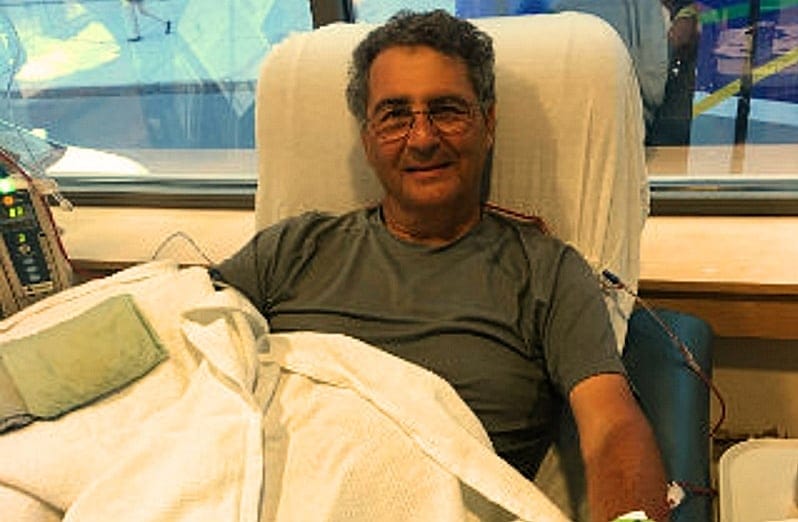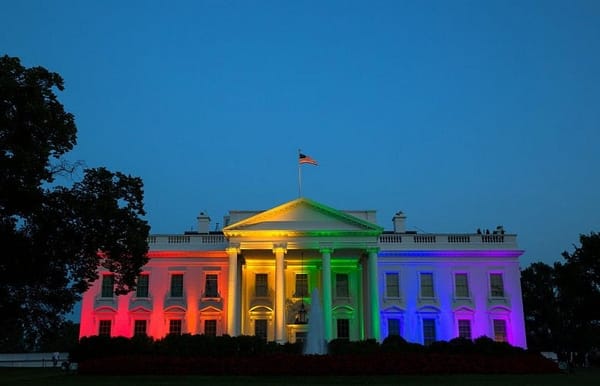Lawsuit seeks to prove legality of Massachusetts physician-assisted suicide

BOSTON — A pair of Cape Cod doctors, one suffering from terminal cancer, have filed a lawsuit in Suffolk County Superior Court as part of an effort to prove that physician-assisted suicide is not a crime in the Bay State.
Falmouth resident Dr. Roger Kligler, diagnosed with stage 4 metastatic prostate cancer, is named as a plaintiff in the suit along with Woods Hole Dr. Alan Steinbach, who runs a family practice.

